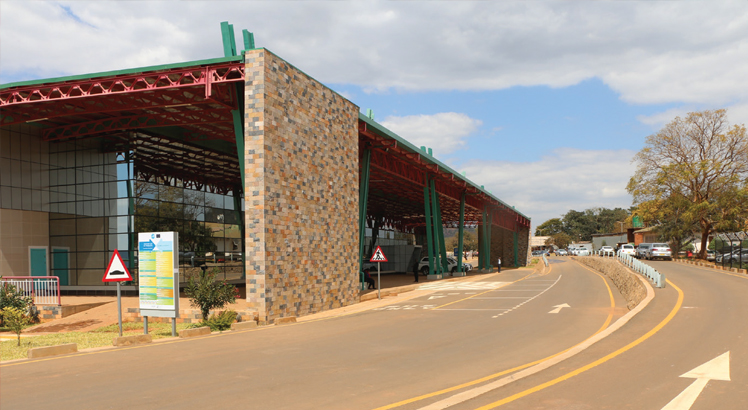IMF outlines threats to expenditure cut
International Monetary Fund (IMF) has described Treasury’s move to cut expenditure in the 2018/19 National Budget as not an easy goal, citing pressure to spend during elections as the major threat.
Ministry of Finance, Economic Planning and Development announced the revision of the fiscal deficit—the difference between total revenue and total expenditure of the government—by K50 billion from a total expenditure and net lending of K1 504 billion as provided in the draft budget to K1 454 billion.
The development means the deficit including grants fell from 4.5 percent of gross domestic product (GDP) to 3.8 percent, a move analysts argue is insignificant to trigger intended results.
Government had planned to end the 2018/19 financial year with a fiscal deficit of K242.9 billion.
In a written response to a questionnaire on Wednesday, IMF resident representative Jack Ree said the attainment of the expenditure cut will demonstrate government’s commitment to sustaining macroeconomic stability.
“The proposed cut will make the budget more closely align with the fiscal framework underpinning the IMF’s extended Credit Facility [ECF] programme which envisages to make primary fiscal balance broadly neutral in 2018/19 financial year.
“[However] this is not an easy goal given that 2018/19 is a fiscal year when elections take place; hence, spending pressures will go up. Thus, cutting expenditure budget by K50 billion or about 1 percent of GDP in such a year will really demonstrate a serious commitment by the authorities to entrench macroeconomic stability,” he said.
Earlier, the Institute of Chartered Accountants in Malawi (Icam) pointed out that a planned deficit of 4.5 percent of GDP in the 2018/19 National Budget poses significant risks on desired levels for interest rates and other economic fundamentals, which it says needed to be safeguarded if they are to translate into improving the lives of the ordinary people and continued stability.
“As a country, should we not move away from planning a deficit than focusing on what we have or can generate and spend within our means? This projected deficit poses significant risks on desired levels for interest rates and other economic fundamentals,” said Icam president Henry Chowawa. n





